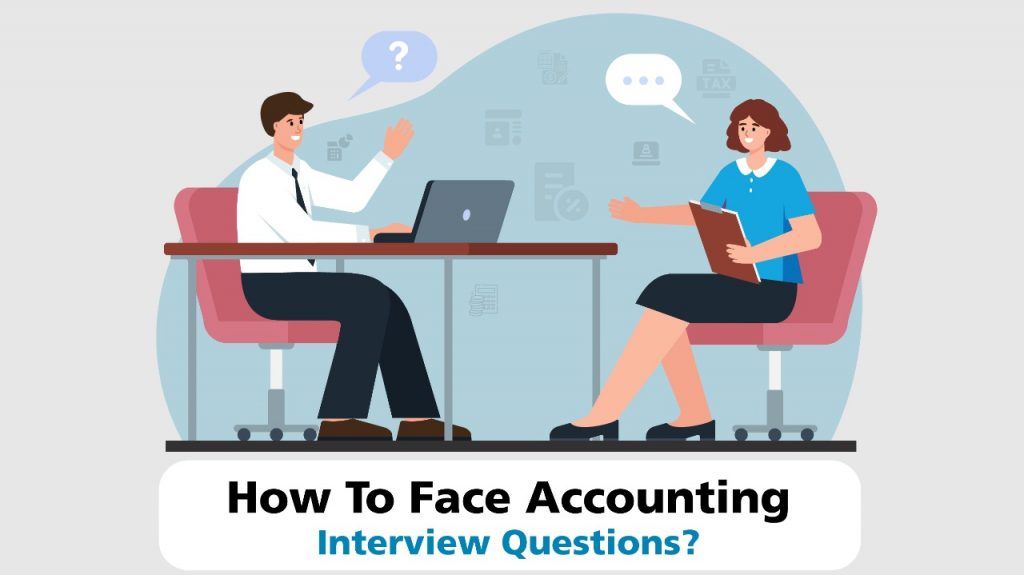Financial knowledge and practical expertise is the essential talents a person needs to become an accountant. But what if he don’t know to deal with his customer. There is no use to vindicate oneself as a professional account if he is unable to communicate effectively and empathetically with his customer. Here comes the importance of soft skills. A strong soft skills portfolio and professional accounting skills will help transform you into a productive accountant. Soft skills alludes to the personal attributes that enable people to interact, appreciate and perform quality work with others. Here is a description of soft skills for accountants:
Soft skills are those basic ingredients that mold us to become competent enough to meet the demands of modern accounting. The challenges faced by several young accountants may be classified as soft competencies and hard competencies. To put it another way, soft skills are better influenced by habits than qualifications.
- Communications skills: Communication plays an important part in an accountant’s performance. No matter how much technical and intellectual knowledge you possess, it becomes immaterial if you are unable to efficiently interact with superiors and customers and establish an understanding with them. Customers may not understand fully the technical terms of accountings, so it is very essential to communicate with them very clearly the financial terms. An accountant’s ability to command depends primarily on his communication skills. The ability to communication serves as an organization’s foundation. An effective communication system allows accountants to inspire, satisfy and control the subordinates.
- Time management skills: Much like every other occupation where time management plays an important role, the same as in the case of an accountant. Time management skills enable the smart work of an accountant. An accountant’s most important role is to provide timely information. You must be able to manage time suitably and deliver highly reliable accounting information within the budgeted hour, to complete the work allotted and earn the confidence of your superiors and build the trust of your customers.
- Ability to listen to figures: You have to listen and understand the language of statistics to become a competent accountant. This is where the most experienced and trained are considered lacking. Experience has shown that if the handwriting on the wall was understood, most business failures could have been avoided. We can no longer overlook the role of accountants in preventing fraud and other irregularities. The knowledge of figure language along with the ability to reflect accordingly would prepare accountants to be better qualified to fulfill their responsibility in combatting both conventional and accounting fraud.
- Strong professional principles: Accountants are to add a pinch of professionalism into all works performed. Not only are you expected to follow the standards of accounting ethics, but also, to maintain adequate professional ethics towards work.
- Tight skin under pressure: Accounting is certainly a rewarding career though it comes with its share of difficulty and criticism. You must be able to operate under pressure and fight the eyes of colleagues who enjoy a touch of criticism.
- Multitasking: Although this may not always be on the job description, ‘juggling a variety of tasks at once and keeping the plates spinning’ can tremendously help prove efficiency within a company. Being prepared to shoulder more responsibility and pushing yourself to get things done are the most sought after qualities in an accountant.
- Expertise in handling individuals and networking: Networking is the key to success of every individual despite their career. You may have adequate skills and professional experience but it will be quite difficult to build your brand if you don’t have networking skills. Accounting has, for long, stepped away from being a ‘backroom’ feature to one of the ‘front seat’ feature of lively organizations. Most profitable businesses exhibit the importance of accountants, for example, accountants are key players in customer support services. Effective management of human resources plays the role of the joker, in the hands of a player, during a game of rummy; always useful.
- Leadership skills: This quality is all about ‘winning respect through efforts’. Leadership affects employees’ actions and encourages them to devote time and energy positively to the company’s benefit. Great leaders often achieve great results for the whole team with their followers.
Have you hoped to develop these soft skills to transform yourself into a better Accountant? Join Finprov’s short and effective courses for better training in practical accounting and taxation, build a successful career by acquiring both professional skills and soft skills.






